How Generative Artificial Intelligence is Making Voice Assistants Smarter and More Human-Like
Published: 2025-09-11
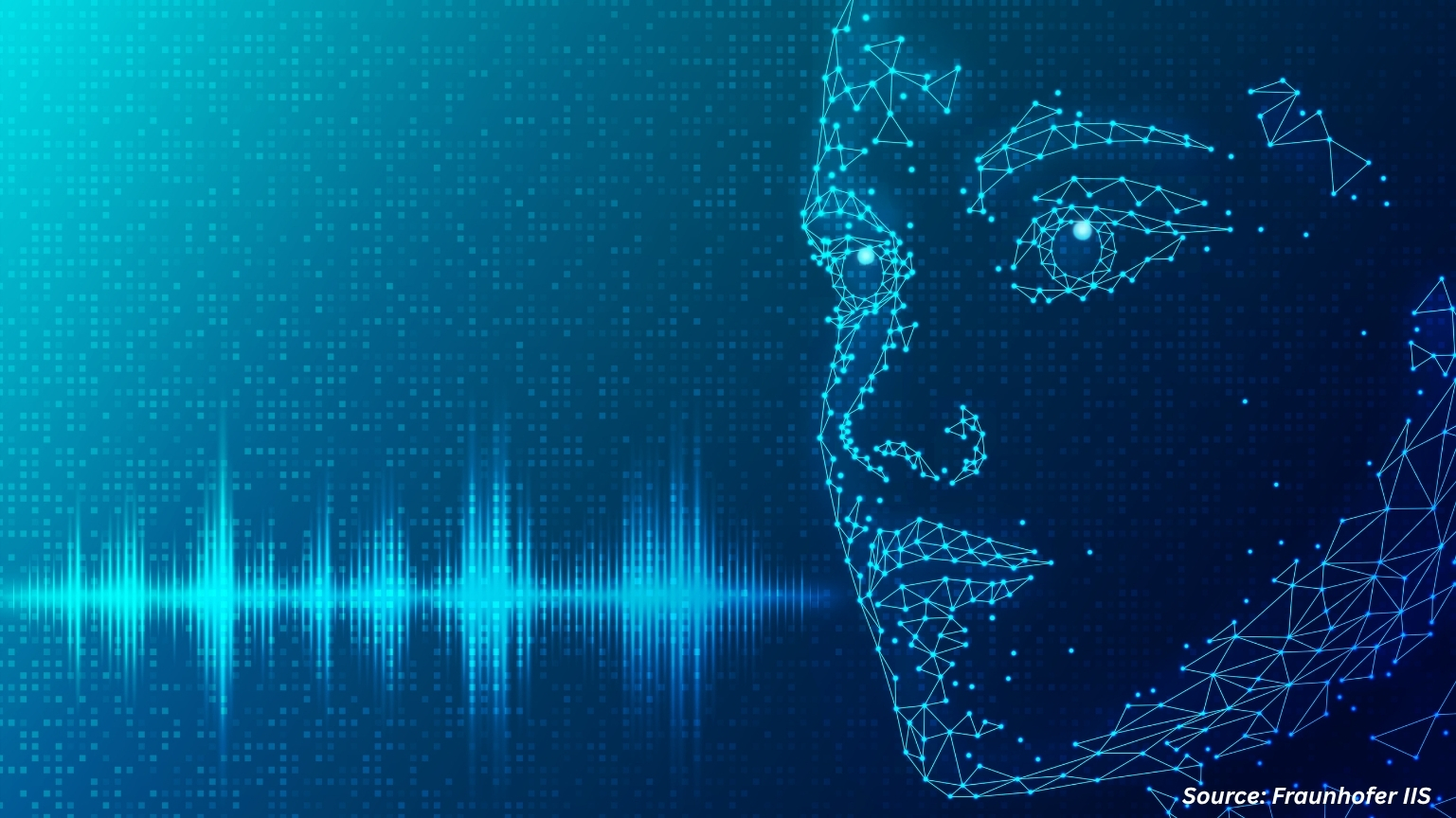
Introduction
The Voice Assistant Market is undergoing a significant transformation with the integration of generative artificial intelligence, turning basic voice assistant tools into intelligent and conversational tools. Traditional voice assistant such as Alexa, Google Assistant and Siri which are limited to executing predefined commands is anticipated to undergo technological revolution with the integration of generative artificial intelligence.
This blog explores how evolution of voice assistants through integration of generative artificial intelligence that transform them from command-based tools into context aware companions. Furthermore, the blog highlights about how generative artificial intelligence enhances user experience by enabling multimodal interactions and improved accessibility. Additionally, the blog discusses how businesses are leveraging artificial intelligence powered voice assistants for customer service and future potentialities of these technologies.
Discover More about the Voice Assistant Market – Get a FREE Sample Today!
The Evolution of Voice Assistant through Generative Artificial Intelligence
Traditional voice assistants operated on predefined commands, limiting their ability to engage in natural conversations. The integration of generative artificial intelligence revolutionized this dynamic by allowing for more fluid and context aware interactions. For instance, Amazon launched Alexa+ that is incorporated with generative artificial intelligence to enhance its conversational capabilities. This upgrade enables Alexa+ to handle multiple prompts independently, offering the users with natural and intuitive experience.
Similarly, Google introduced Assistant with Bard that combines generative of Bard and reasoning capabilities with the personalized help of the assistant. The integration allows users to interact through text, voices or images to allow assistant to take action on their behalf.
How Generative Artificial Intelligence Integration in Voice Assistants Benefits Users
The integration of generative artificial intelligence in voice assistants is revolutionizing user experience as it allows them to be more natural, intuitive, and personalized. Unlike traditional assistants with rigid command structures, artificial intelligence driven voice assistants can manage elaborate requests, remember user preferences, and answer with contextual appropriateness.
Such an innovation adds to everyday convenience, from being able to manage sequential prompts and automate tasks like scheduling and artificial intelligence management to proactive suggestions. Government at various levels are investing in artificial intelligence depicted in the graph below that aids the adoption of generative artificial intelligence.
In addition, it improves disability accessibility by enabling voice-controlled home automation systems and live transcription services. With multimodal capabilities, including text and image processing, artificial intelligence powered assistants are becoming more interactive and versatile. Businesses also have the benefit of smarter customer service using artificial intelligence driven chatbots that handle inquiries efficiently.
Enhancing User Experience and Functionality
The generative artificial intelligence makes voice assistants capable of understanding and interpreting lengthy and complicated commands and responding more precisely and in context. Alexa+, for example, can now store user preferences and answer a sequence of consecutive queries, enhancing the user experience and personalization.
Another example includes of SoundHound artificial intelligence’s voice assistant, Hound that uses its advanced generative artificial intelligence to understand and respond to complex, conversational queries with impressive accuracy. As a result, generative artificial intelligence is transforming voice assistants from simple command-based tools into intelligent digital companions that enhance productivity and user satisfaction.
Enhanced Natural Language Processing and Multi-turn Conversations
The most notable way in which voice assistants are being revolutionized by generative artificial intelligence is through improved natural language processing. Past voice assistants usually had issues with subtle language or multi turn dialogues, which resulted in user experiences that were frustrating. With generative artificial intelligence, systems can now process and reply to sophisticated, context-based questions.
For instance, Apple's Siri has started integrating more advanced generative artificial intelligence capabilities to conduct multi step activities, such as scheduling appointments, bookings, or even location-based recommendations, and in the process preserving the conversation context. This supports seamless give-and-take discussions, improving conversation naturalness and effectiveness.
Personalization at Scale: Personalizing Experiences to Individual Users
Generative artificial intelligence is personalizing voice assistants. With advanced artificial intelligence models, voice assistants can be trained to personal user preferences, understand routine of users and even are able to anticipate their needs. Google Assistant, for example, uses artificial intelligence to suggest news stories based on your interests, personalized reminders from your calendar based on location, or offer personal responses based on previous interactions.
Revolutionizing Enterprise Applications
Generative artificial intelligence is not only impacting consumer-facing voice assistants but also enterprise applications. Businesses are now leveraging artificial intelligence-powered voice assistants to improve customer service, sales support, and business efficiency overall.
Examples include IBM Watson Assistant for Voice and Salesforce's Einstein Voice, which are employing generative artificial intelligence to allow businesses to implement voice assistants that can reply to sophisticated customer interactions from responding to frequently asked questions to facilitating transactions. The artificial intelligence assistants can analyze the customer's intent, reply instantaneously and even conduct multi step actions, all while learning from each interaction to optimize subsequent responses.
Conclusion
The inclusion of generative artificial intelligence is revolutionizing the voice assistant market by enabling natural and personalized interactions. As artificial intelligence models continue to undergo technological revolution, voice assistants would offer more context aware and customized experiences that further enhance human machine interactions. With rise in innovation from companies that embraces generative artificial intelligence feature, the future holds the promise of more capable and advanced voice assistant that would offer vital benefits for both personal and commercial use.
About the Author
 Sukanya Dey is a passionate and insightful writer with over three years of experience, she excels in providing clients with in-depth research and valuable insights, helping them navigate complex business challenges. She has a keen interest in various industries, including Retail and Consumer, Healthcare, Manufacturing, Automotive, and ICT & Media. Sukanya strives to offer fresh perspectives and innovative solutions through her comprehensive research. She finds immense joy in weaving her thoughts and ideas into captivating articles and blogs, where her passion for literature and art shines through. In her free time, she enjoys reading books, cooking, filming, often drawing inspiration from these activities for her creative writing endeavors.
Sukanya Dey is a passionate and insightful writer with over three years of experience, she excels in providing clients with in-depth research and valuable insights, helping them navigate complex business challenges. She has a keen interest in various industries, including Retail and Consumer, Healthcare, Manufacturing, Automotive, and ICT & Media. Sukanya strives to offer fresh perspectives and innovative solutions through her comprehensive research. She finds immense joy in weaving her thoughts and ideas into captivating articles and blogs, where her passion for literature and art shines through. In her free time, she enjoys reading books, cooking, filming, often drawing inspiration from these activities for her creative writing endeavors.
About the Reviewer
 Sanyukta Deb is a seasoned Content Writer and Team Leader in Digital Marketing, known for her expertise in crafting online visibility strategies and navigating the dynamic digital landscape. With a flair for developing data-driven campaigns and producing compelling, audience-focused content, she helps brands elevate their presence and deepen user engagement. Beyond her professional endeavors, Sanyukta finds inspiration in creative projects and design pursuits.
Sanyukta Deb is a seasoned Content Writer and Team Leader in Digital Marketing, known for her expertise in crafting online visibility strategies and navigating the dynamic digital landscape. With a flair for developing data-driven campaigns and producing compelling, audience-focused content, she helps brands elevate their presence and deepen user engagement. Beyond her professional endeavors, Sanyukta finds inspiration in creative projects and design pursuits.
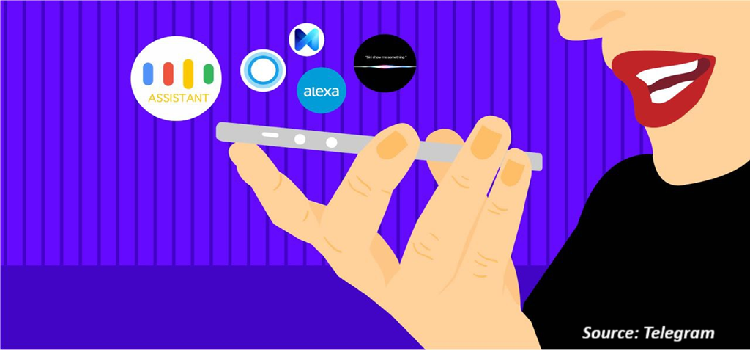
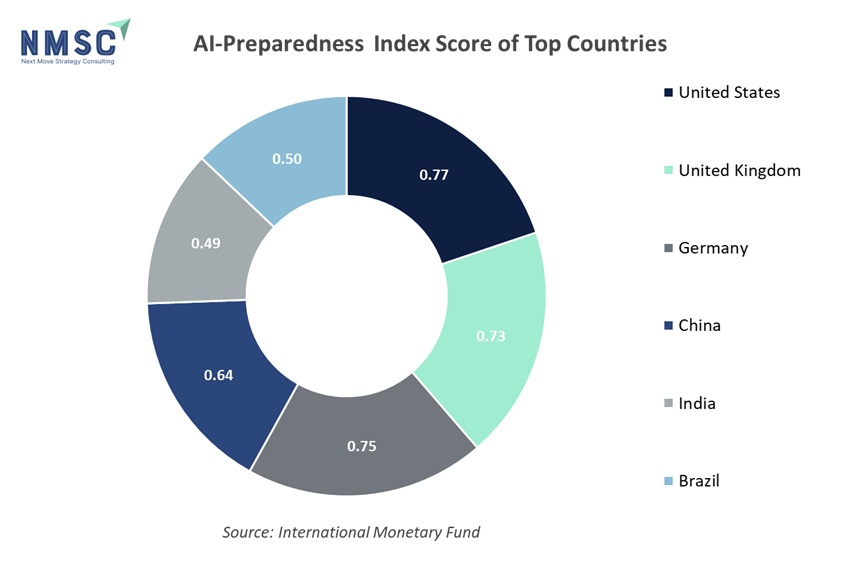
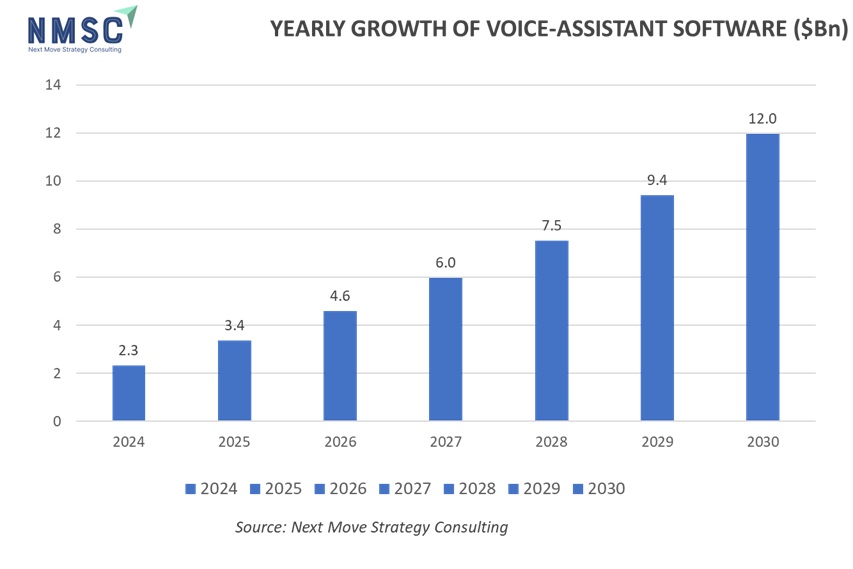








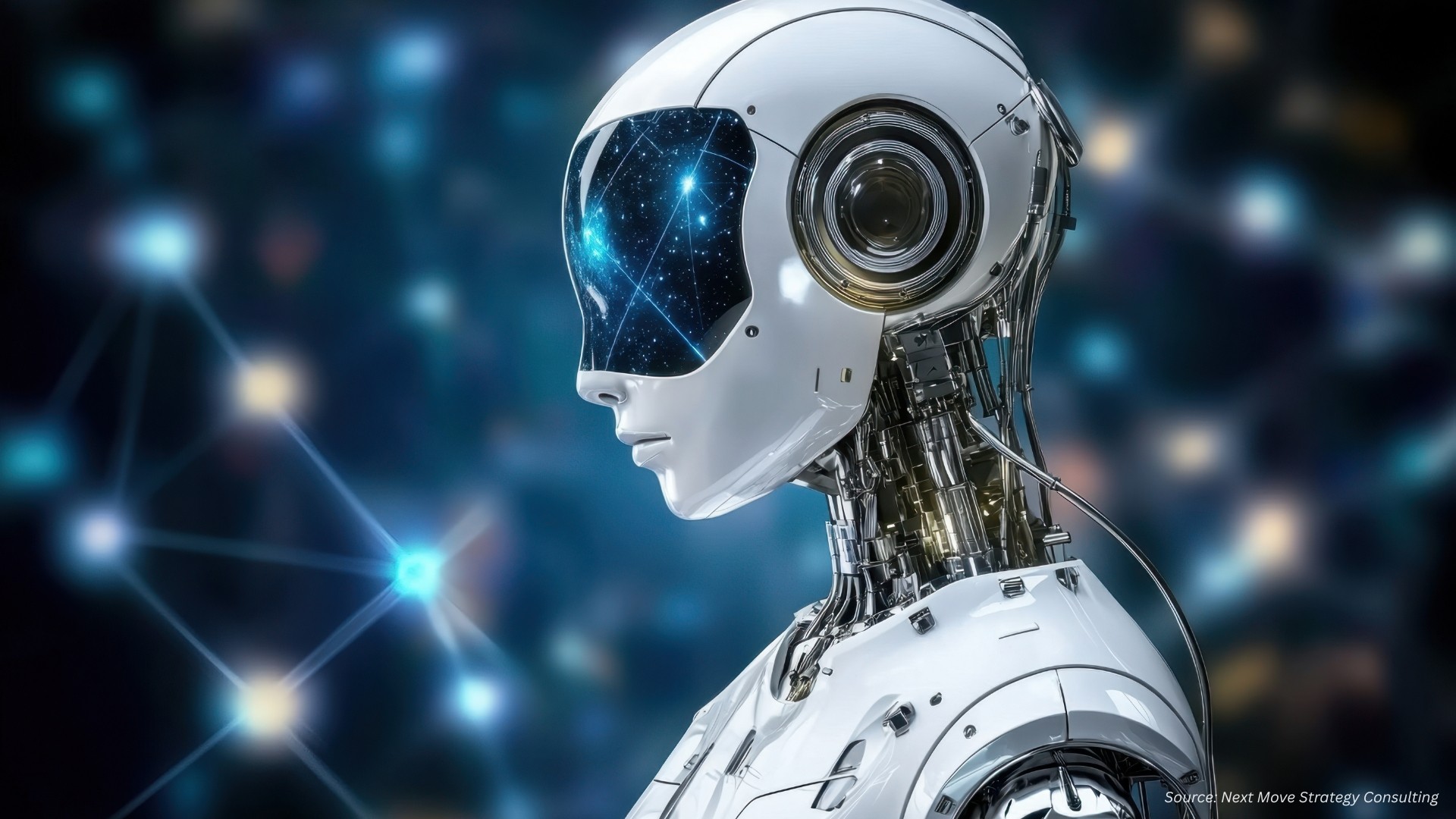

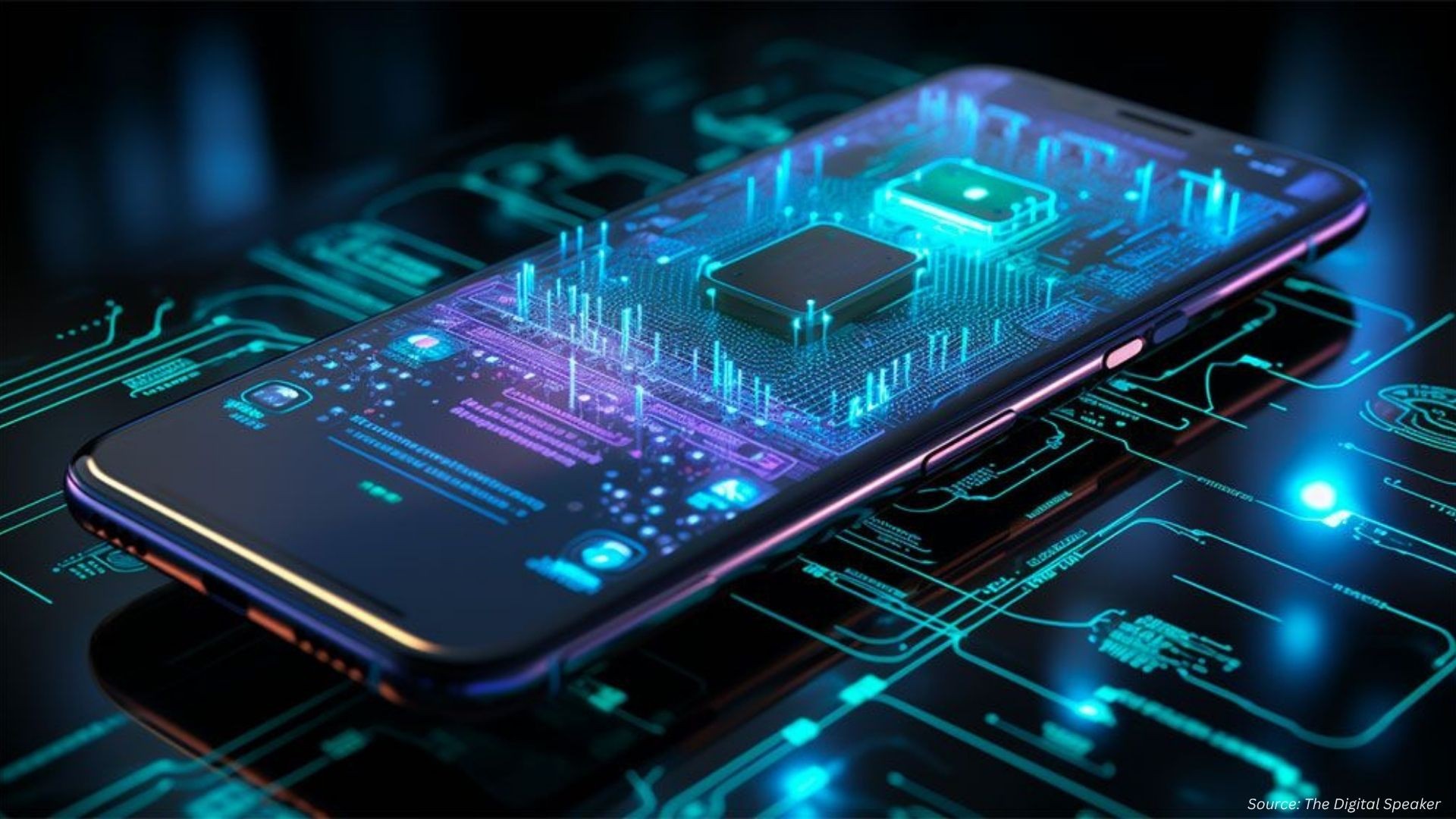
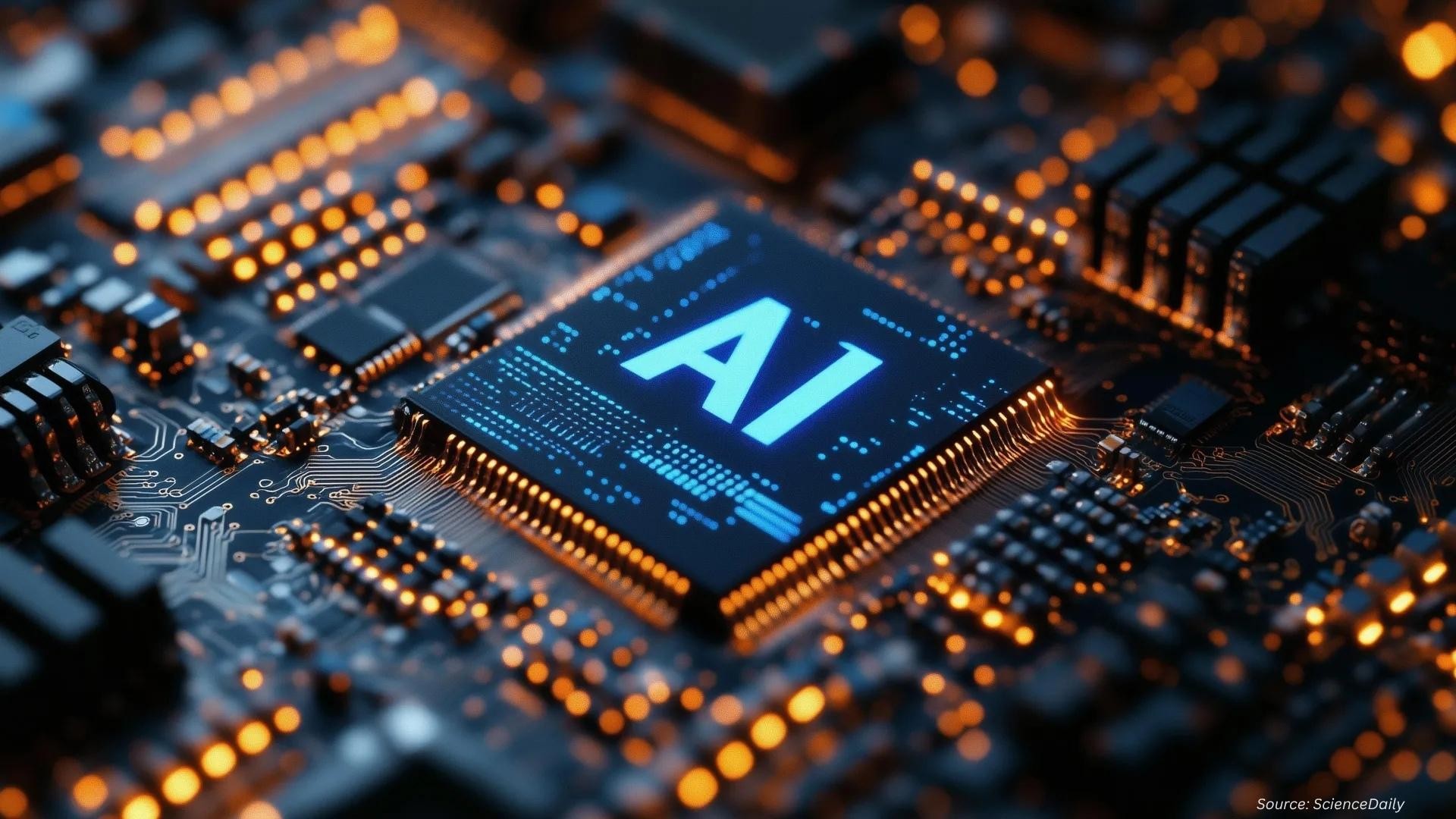




Add Comment